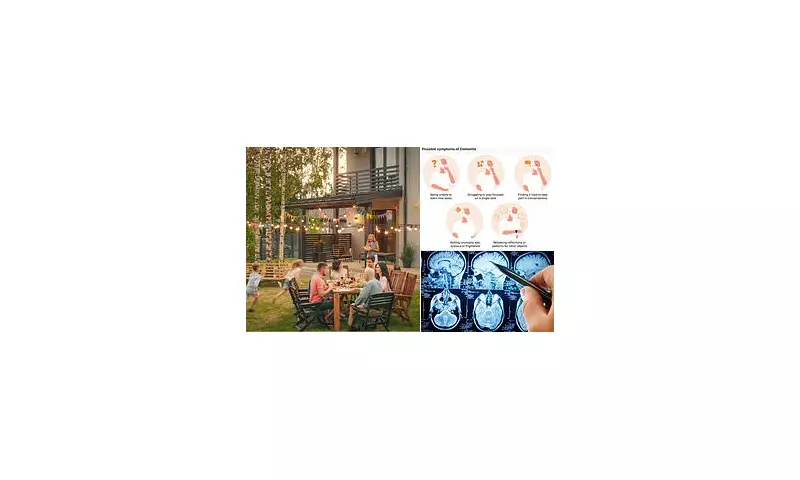
In a potential breakthrough for early dementia detection, British scientists have discovered that a person's emotional response to watching films could serve as a crucial early warning sign.
The pioneering research, conducted by experts at University College London, suggests that a diminished reaction to emotionally charged scenes in movies may indicate the onset of dementia long before more obvious symptoms appear.
The Science Behind the Emotional Connection
Researchers meticulously monitored participants' facial expressions as they watched emotional film clips. Using advanced facial coding technology, they measured subtle muscular movements that indicate emotional responses - many of which are undetectable to the naked eye.
The startling findings revealed that people showing early signs of dementia exhibited significantly reduced emotional reactions compared to healthy individuals. This breakthrough suggests changes in emotional processing may occur years before memory problems become apparent.
Why This Discovery Matters
Early detection remains the holy grail of dementia research. Current diagnosis often occurs only after significant brain damage has already occurred, limiting treatment options. This new emotional response test could revolutionise how we identify at-risk individuals.
Professor of Dementia Research explained: "What we're seeing is that changes in emotional processing may be among the very first indicators of cognitive decline. This gives us a potential window for earlier intervention than ever before possible."
What This Means for Future Diagnosis
The research team believes this method could lead to the development of simple, non-invasive screening tests that might be administered during routine health check-ups. Such tests could become as standard as blood pressure measurements for middle-aged and older adults.
While more research is needed to validate these findings, the study opens exciting new possibilities for dementia screening and prevention strategies that could ultimately save countless families from the heartbreak of late-stage diagnosis.





